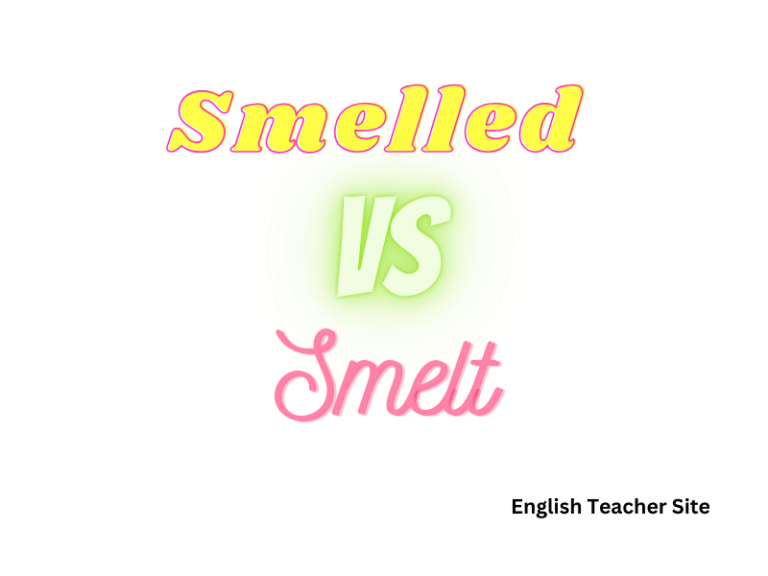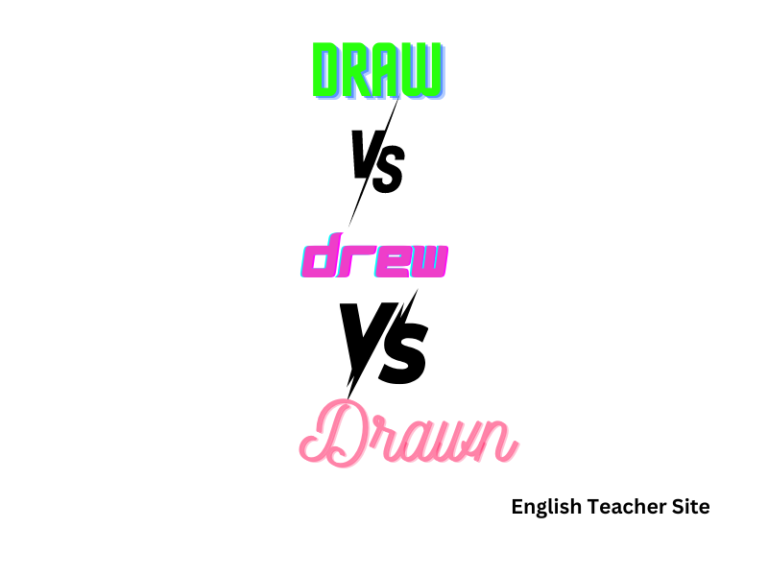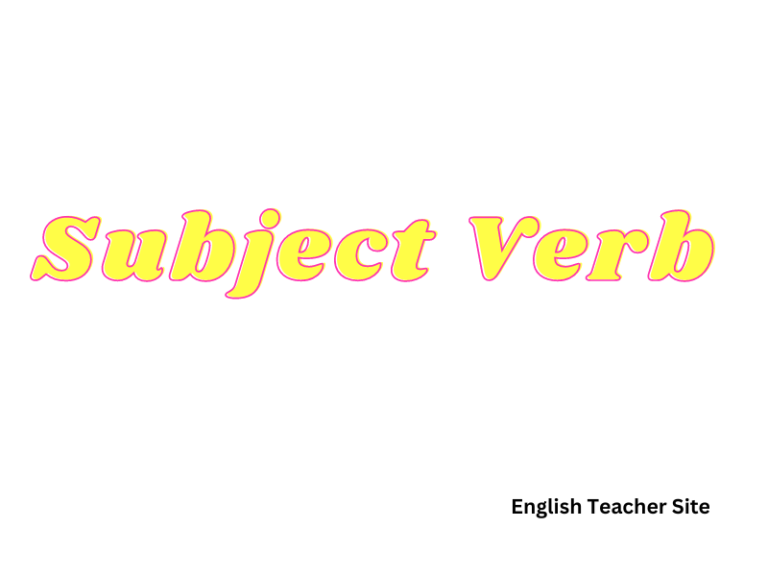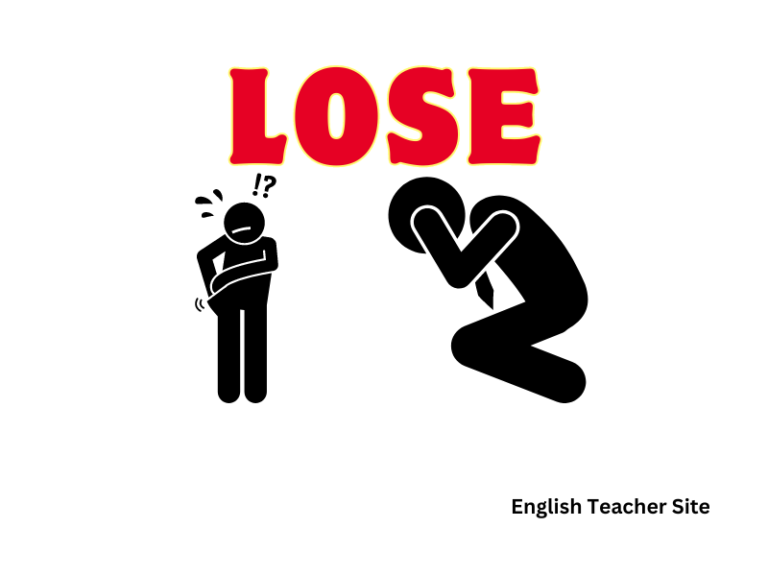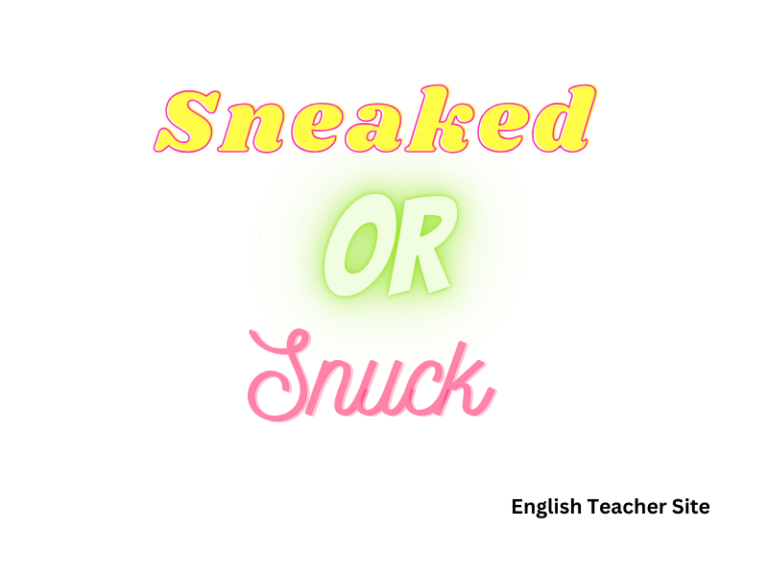On the Difference: Usage of Past or Passed Simplified
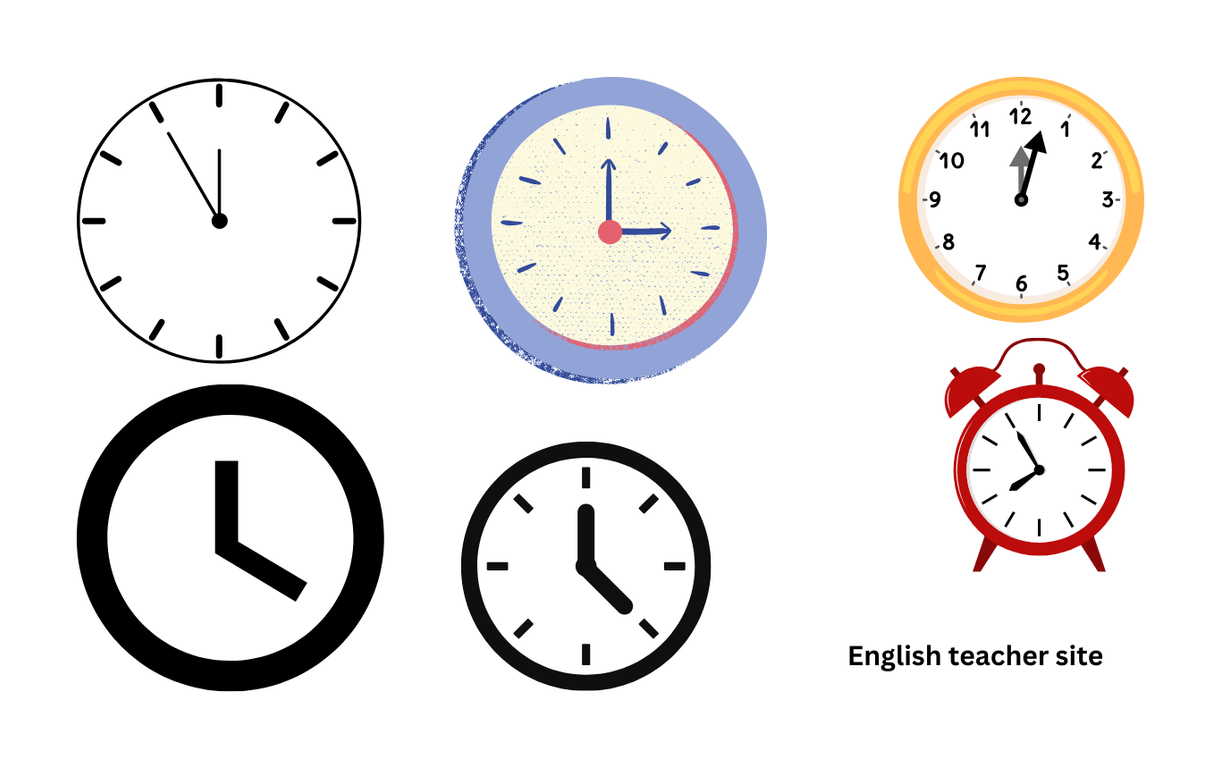
- “Past” is used to refer to a time period before now or to describe something that has already happened.
- “Passed” is the action of moving or transferring and is used when discussing motion or change.
- Choosing the correct word relies on the grammatical function within a sentence.
Grasping the distinction between these two homophones ensures clarity and precision in communication. It’s important to select the correct term based on grammatical context: “past” addresses temporal or sequential relationships, while “passed” indicates the action of passing. Common contexts where these terms are used include reflecting on history, describing objects in motion, or discussing the transition of conditions or positions.
The Difference Usage of Past or Passed
The confusion usually arises because these two words are homophones, meaning they sound the same when spoken. However, they have distinct meanings and functions within sentences.
When to Use “Past”
Past can be utilized as a noun, adjective, preposition, or adverb. Its usage revolves around the concept of time gone by or locations relative to something else.
- Noun:The ‘past’ refers to a time that has already occurred.
- Example: She reflects on her past achievements with pride.
- Adjective:Describing something that occurred before the current moment.
- Example: The past month has been very challenging.
- Preposition:Indicating movement so as to go by something.
- Example: The library is just past the coffee shop.
- Adverb:Adverbial form indicating something moving from one side to the other.
- Example: He watched her walk past without a word.
When to Use “Passed”
Passed strictly acts as the past tense of the verb “to pass,” which implies movement or successful completion of something, such as an exam or a milestone.
- Verb (Action):To move, go by or go beyond something.
- Example: The train has passed the station.
- Verb (Completion):To have been successful in an examination or test.
- Example: She passed all her final exams with flying colors.
Comparison Table for “Past” and “Passed”
| Function | “Past” | “Passed” |
|---|---|---|
| Noun | Time period before now. | Not applicable. |
| Adjective | Related to previous time. | Not applicable. |
| Preposition | Location relative to something. | Not applicable. |
| Adverb | Something moving beyond. | Not applicable. |
| Verb | Not applicable. | Action of moving or completing. |
In summary, “past” is versatile and applies to time and location. In contrast, “passed” is specifically a verb indicating movement or completion. Recognizing these differences is crucial for accurate and precise English usage.
Understanding ‘Past’ and ‘Passed’
Distinguishing between ‘past’ and ‘passed’ is vital as they have specific uses in the English language. The nuances of these words are important to grasp for precise communication.
Definitions of ‘Past’
Past as a Noun:
- Signifies a time that is finished: The events of the past are recorded in history books.
Past as an Adjective:
- Relates to a former time or state: He talked about his past experiences.
Past as a Preposition:
- Indicates movement beyond a point: The car drove past the house.
Forms and Functions of ‘Passed’
- Passed as a Verb:
- The past tense and past participle of the verb “to pass”:
- She passed the ball to her teammate.
- The past tense and past participle of the verb “to pass”:
| Forms | Examples |
|---|---|
| Past Tense | He passed the test with flying colors. |
| Past Participle | The laws have passed through rigorous scrutiny. |
- Passed as an Adjective:
- Describes something that has moved on or moved by:
- The passed milestone marked their progress.
- Describes something that has moved on or moved by:
Usage in Sentences:
- Time passed quickly during the movie.
- We walked past the old school building.
Grammatical Usage of past & passed
These words have distinct grammatical roles in English and cannot be used interchangeably. The following subsections delve into their specific uses and functions within sentences.
Past: Time, Space, and Idea
Past primarily relates to time but also has spatial and conceptual applications. Its grammatical roles include:
- Noun: Referring to a period before the present.
- Adjective: Describing something that has happened before now.
- Preposition: Indicating movement in space beyond a certain point.
- Adverb: Signifying movement so as to go by or beyond something.
Applications of Past:
- As a Noun:
- The past cannot be changed.
- As an Adjective:
- Reflecting on past mistakes is a part of learning.
- As a Preposition:
- Walk past the library to get to the café.
- As an Adverb:
- The parade marched past.
Table of Examples:
| Sentence | Use case |
|---|---|
| He is fascinated by history’s past. | Noun |
| She reviewed the past week’s work. | Adjective |
| The bird flew past the window. | Preposition/Adverb |
Passed: Verb Forms and Usage
Passed is the past tense and past participle form of the verb “pass”. Its usage revolves around indicating completed actions or successfully undergoing a process. It is often used in conventional expressions and idioms.
Table of Verb Forms:
| Verb Form | Example Sentence |
|---|---|
| Present | I pass the shop on my way home. |
| Past | He passed the exam with ease. |
| Present Perfect | They have passed the checkpoint. |
Applications of Passed:
- Action Completion:
- She passed the finish line triumphantly.
- Mental or Physical State:
- The patient passed away peacefully.
In conclusion, when deciding between past and passed, examine the role the word plays in the sentence – past serves as a noun, adjective, preposition, or adverb relating to time or space, while passed is a verb form demonstrating actions in time.
Common Contexts and Examples
When distinguishing between “past” and “passed,” it’s essential to recognize that “past” primarily relates to time and position, while “passed” is the past tense of the verb “to pass,” indicating an action of moving or proceeding. The correct usage depends on the context of the sentence. The following subsections provide examples to clarify their correct application.
Using ‘Past’ in Sentences
“Past” can function as an adjective, adverb, noun, or preposition. Its usage encompasses various contexts, often involving time or something that has occurred before the current moment. Below are examples illustrating the use of “past”:
As an adjective:
- The past years have seen significant technological advances.
As an adverb:
- She looked past the obstacle to see the opportunity.
As a noun:
- He has a fascinating past that he rarely talks about.
As a preposition:
- We walked past the old schoolhouse each morning.
Table A: “Past” Examples
| Function | Sentence | Explanation |
|---|---|---|
| Noun | His knowledge of the past is vast. | Refers to a previous time period. |
| Adjective | They discussed past events. | Describes the events as having occurred earlier. |
| Adverb | She ran past quickly. | Indicates location, beyond a certain point. |
| Preposition | We drove past the mall. | Shows movement beyond a point. |
Using ‘Passed’ in Sentences
“Passed” is the past participle of the verb “to pass” and indicates the action of moving or going beyond something. Here are specific cases where “passed” is utilized correctly:
- As a verb in the past tense:
- The train passed through the town at noon.
- In an idiom:
- He passed out from exhaustion after the marathon.
Table B: “Passed” Examples
| Function | Sentence | Explanation |
|---|---|---|
| Verb (Past Tense) | The opportunity passed him by. | Indicates the action of moving beyond. |
| Part of an Idiom | She passed out flyers for the event. | Describes distributing something. |
Bullet Points with Further Examples:
- The parade passed slowly down the main street.
- Time passed, and the seasons changed.
- He passed the test with flying colors, achieving beyond the necessary score.
Using “Past” and “Passed” in Context:
To modify verbs with precision, one must proceed with a clear understanding of these words. For instance, when referring to the action of going beyond a certain point, one would say, “They passed the finish line.” Conversely, when discussing something relating to a previous time or location, one uses “past,” as in, “The myths of the past fascinate researchers.”
Exploring Connotations
In the realm of linguistics, connotations play a pivotal role in shaping the emotional and associative meanings of words. This section delves into the emotive implications of ‘past’ and the various contexts in which ‘passed’ is used colloquially or in set expressions.
Emotive Meanings of ‘Past’
The word ‘past’ often evokes a sense of nostalgia or reflection. It is commonly associated with:
- Memories: Events or experiences that reside in one’s consciousness from earlier times.
- History: Summaries of happenings that have shaped the present.
Table 1: Connotations of ‘Past’
| Term | Emotional Connotation |
|---|---|
| Past events | A sense of history, can be positive or negative |
| Past times | Often implies nostalgia and reminiscence |
| The distant past | Might evoke a sense of mystery or ancient times |
The word ‘past’ as it relates to time or events carries with it an inherent emotional weight, where one’s personal history or the collective history can stir a range of feelings from longing to regret.
Phrasal Verbs and Expressions with ‘Passed’
When it comes to the term ‘passed,’ the connotations are generally oriented towards action or movement. It commonly features in phrases such as:
- Passed away: A delicate way to refer to death.
- Passed up: Missing an opportunity, often with a sense of regret.
Table 2: Expressions with ‘Passed’
| Phrase | Contextual Meaning |
|---|---|
| Passed the test | Conveys success and achievement |
| Time passed | Neutral, indicates the movement of time |
| Passed over | Can imply being ignored or overlooked |
These expressions with ‘passed’ highlight the various actions or transitions, as well as the attitude or emotional state following such events. Whether indicating completion, loss, or the passage of time, ‘passed’ is versatile in capturing movement in both literal and figurative senses.
By exploring the connotations of ‘past’ and ‘passed,’ one gains insight into the subtle nuances that enrich the English language. These words, while similar in sound, carry distinct emotional and contextual meanings that are vital in expressing temporal conditions and actions.
Beyond Grammar: Additional Considerations
In understanding the nuances between “past” and “passed,” it becomes clear that these words are more than just elements of grammar; they carry with them cultural and temporal significance. This section delves into how “passed” often marks transitions, while “past” not only refers to a previous time but also holds historical and cultural weight.
Passed as a Marker of Change
- “Passed away” as a euphemism: The term “passed away” is a delicate expression for death, delineating a transition from life to the unknown.
Transition Description Passed away Denotes that someone has died and is no longer among the living. Passed the prime Suggests that something has moved beyond its peak or best condition, often implying a decline. - In business or life, “passed” signals milestones, whether it’s surpassing an obstacle or marking a decline from a former state of success. It’s a clear indicator of change.
Historical and Cultural Significance of ‘Past’
- The word “past” encases the history and heritage of individuals, societies, and civilizations. It implies a time that is no longer existing in the present.
Aspect Description Former time Relates to a time period that has concluded. Cultural significance The “past” encompasses events or periods that hold important value to a group or society. - Discussing “the past” often involves examining the legacy and impact of historical events, understanding that these have shaped our current society. It surfaces in conversation about history, memory, and sometimes nostalgia for a former time or prime of life or civilization.
Conclusion: Summarizing the Distinctions
Navigating the English language requires understanding the nuances between similar words. The terms past and passed showcase a common source of confusion. This section aims to clarify their distinct uses.
Past:
- Refers to a time that has already gone by.
- Describes something concerning a former time or state.
- Serves as an adjective, noun, adverb, or preposition.
Passed:
- Acts as the past tense of the verb to pass.
- Indicates the action of moving by or transferring from one place to another.
- Used when an action or event has been completed.
Usage Table for ‘Past’:
| Function | Example |
|---|---|
| Noun | We left our mistakes in the past. |
| Adjective | The past year was challenging. |
| Adverb | He walked past silently. |
| Preposition | We drove past the old schoolhouse. |
Usage Table for ‘Passed’:
| Tense | Example |
|---|---|
| Simple Past | She passed her driving test. |
| Present Perfect | The message has been passed on. |
Using bullet points, let’s consider several key distinctions:
- Time Reference: Past relates to time itself, while passed often pertains to action within time.
- Movement: Passed usually implies some sort of physical or metaphorical movement.
- Grammatical Role: Past can play multiple roles in grammar, unlike passed, which is strictly a verb form.
In summary, past and passed are not interchangeable—each word serves a unique purpose and context. Remember, past points to a time gone by or a former state, while passed communicates the completion of an action, as something has moved from one position to another or been transferred.
Source
Past, Oxford Learner’s Dictionary
My name is Khamis Maiouf. I am the creator of the English Teacher Site, dedicated to providing valuable resources and insights for students around the world. With a passion for education and a commitment to helping students enhance their skills, I aim to make English teaching more effective and enjoyable for both educators and students.

